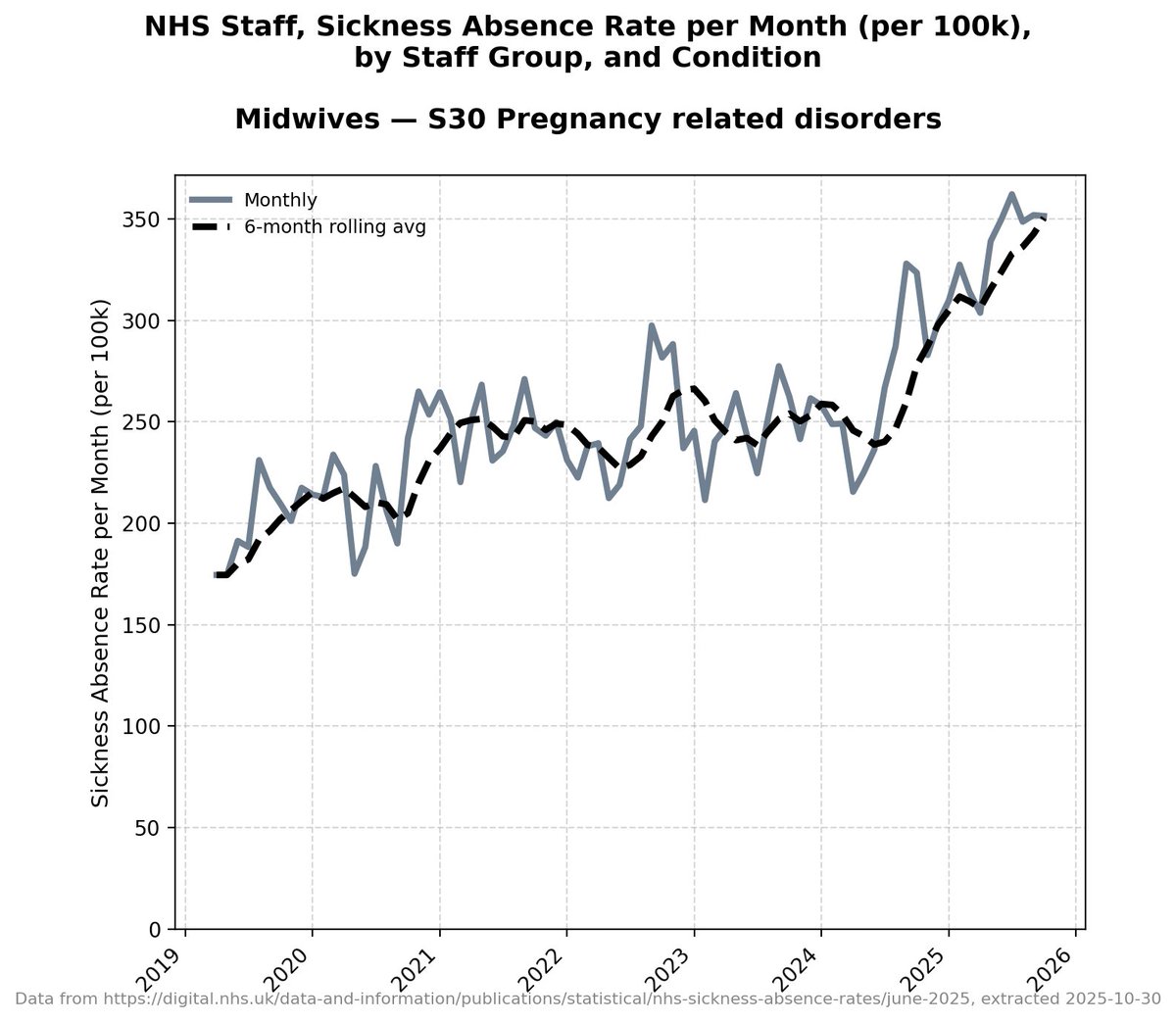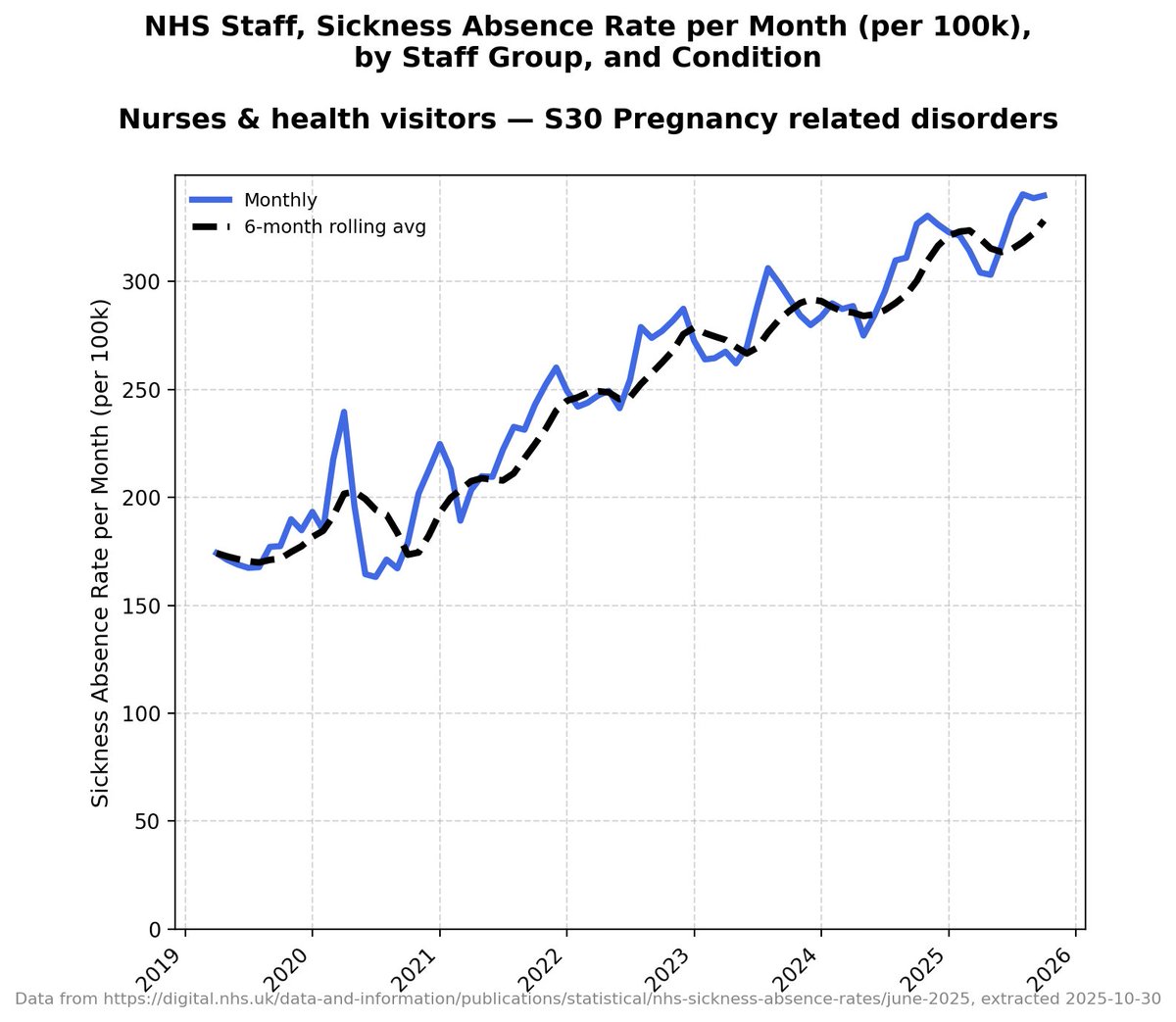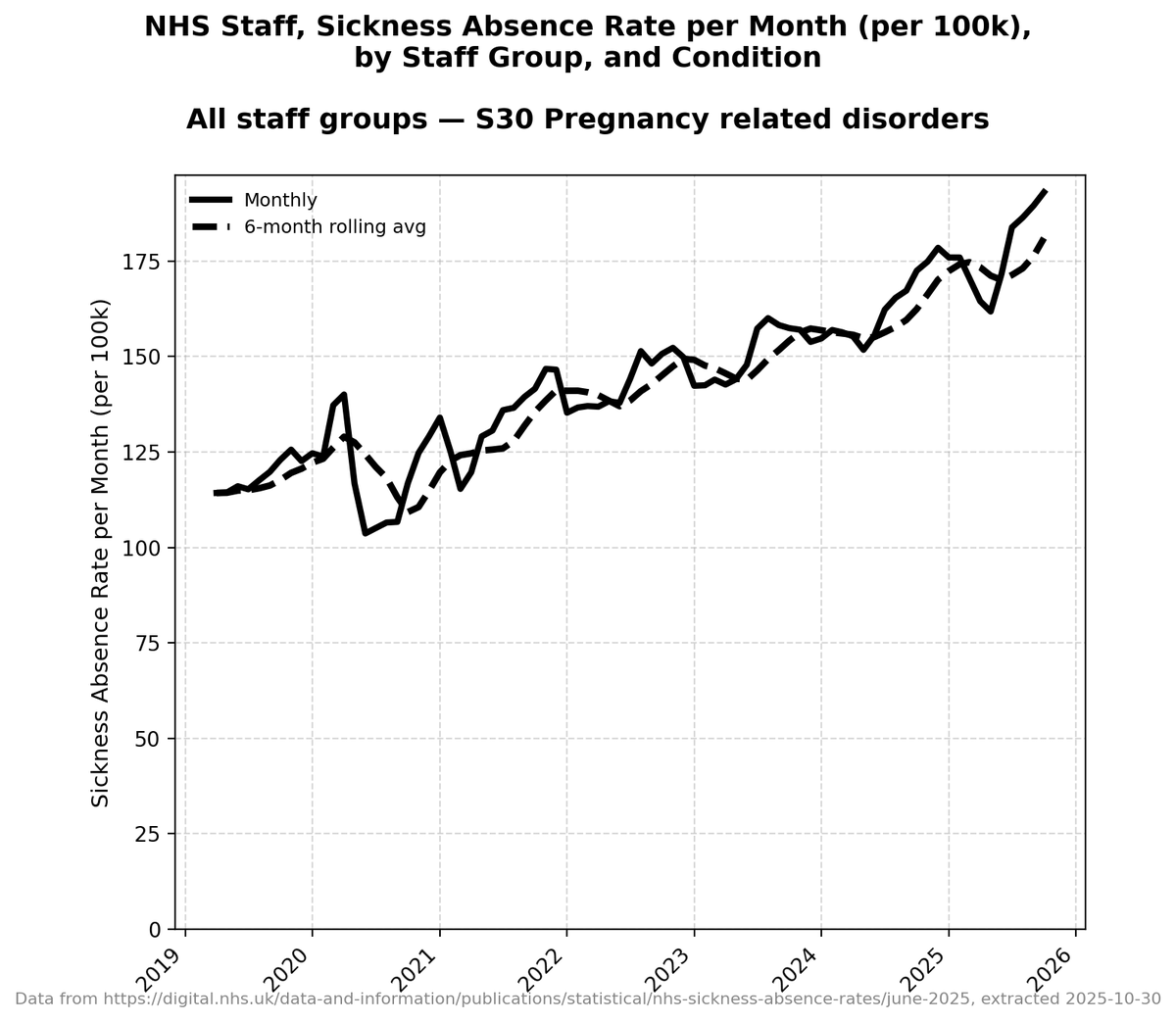Have you ever seen a mixing desk?
At first glance, they are absolutely bewildering.
But if you think they're complicated, then you're probably not going to be able to get your head round the complexity of the processes of the human body.
At first glance, they are absolutely bewildering.
But if you think they're complicated, then you're probably not going to be able to get your head round the complexity of the processes of the human body.

The honest truth that very few doctors will tell you is that there's just no way any one human can understand all this stuff.
(the human body and its processes, that is, not a mixing desk. It's possible to understand a mixing desk)
(the human body and its processes, that is, not a mixing desk. It's possible to understand a mixing desk)

The way modern medicine works is that you get generalists who have a good grip of the basics of a lot of areas.
Doctors who work in general practice or accident and emergency need to be able to receive people with a range of issues.
Doctors who work in general practice or accident and emergency need to be able to receive people with a range of issues.

A generalist might have an interest in a more specialised area like oncology, the huge subject of cancer. 

Or a generalist might have an interest in a specialism within oncology like diagnosis of melanoma along with their general expertise. 

But mostly generalists have a solid and practical but basic knowledge of a large number of areas, that they use to refer people to specialists. 

Specialists don't have to generalise.
Yes, they have studied the basics of everything, but they focus on a discipline, like surgery or neurology or oncology.
Yes, they have studied the basics of everything, but they focus on a discipline, like surgery or neurology or oncology.

Then within that discipline you will get super-specialists, like surgeons who specialise in brain operations.
Or oncologists who specialise in lymphoma.
Or oncologists who specialise in lymphoma.

And then there's still more to learn so you get hyper-specialists who devote all of their study to one aspect of an aspect of a discipline like an oncologist who specialises in lymphoma and then specialises further in Non-Hodgkin Lymphoma. 

The person who hyper-specialises there may know nothing about here, except that it exists, far off in a distant wing of the hospital or academia. 

And you get people who specialise in diagnosis.
People who specialise in treatment.
People who specialise in research.
People who specialise in treatment.
People who specialise in research.

Sometimes a hyper-specialist here will understand that this discipline massively influences that one. 

But very often the different disciplines are oblivious to each other or competing with each other for funding or blaming each other or passing people off to each other. 

And when it comes to something like #MECFS or Long Covid, the people who are sick find that they are passed from this person 

And it's because SARS-CoV-2 can cause damage to absolutely every part of the complex human system.
And the doctors are trying to treat the damage, when you need to deal with the cause.
If your house has termites, you don't deal with it by going round the building putting wood filler in each individual hole.
How are we going to solve the problem?
I don't know.
But maybe a good starting point would be to admit the complexity of this and that no one person can grasp it...
I don't know.
But maybe a good starting point would be to admit the complexity of this and that no one person can grasp it...

• • •
Missing some Tweet in this thread? You can try to
force a refresh














